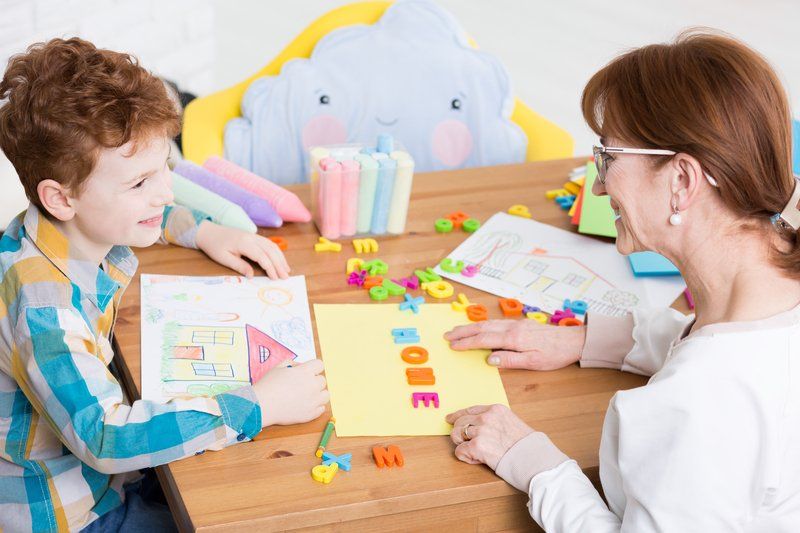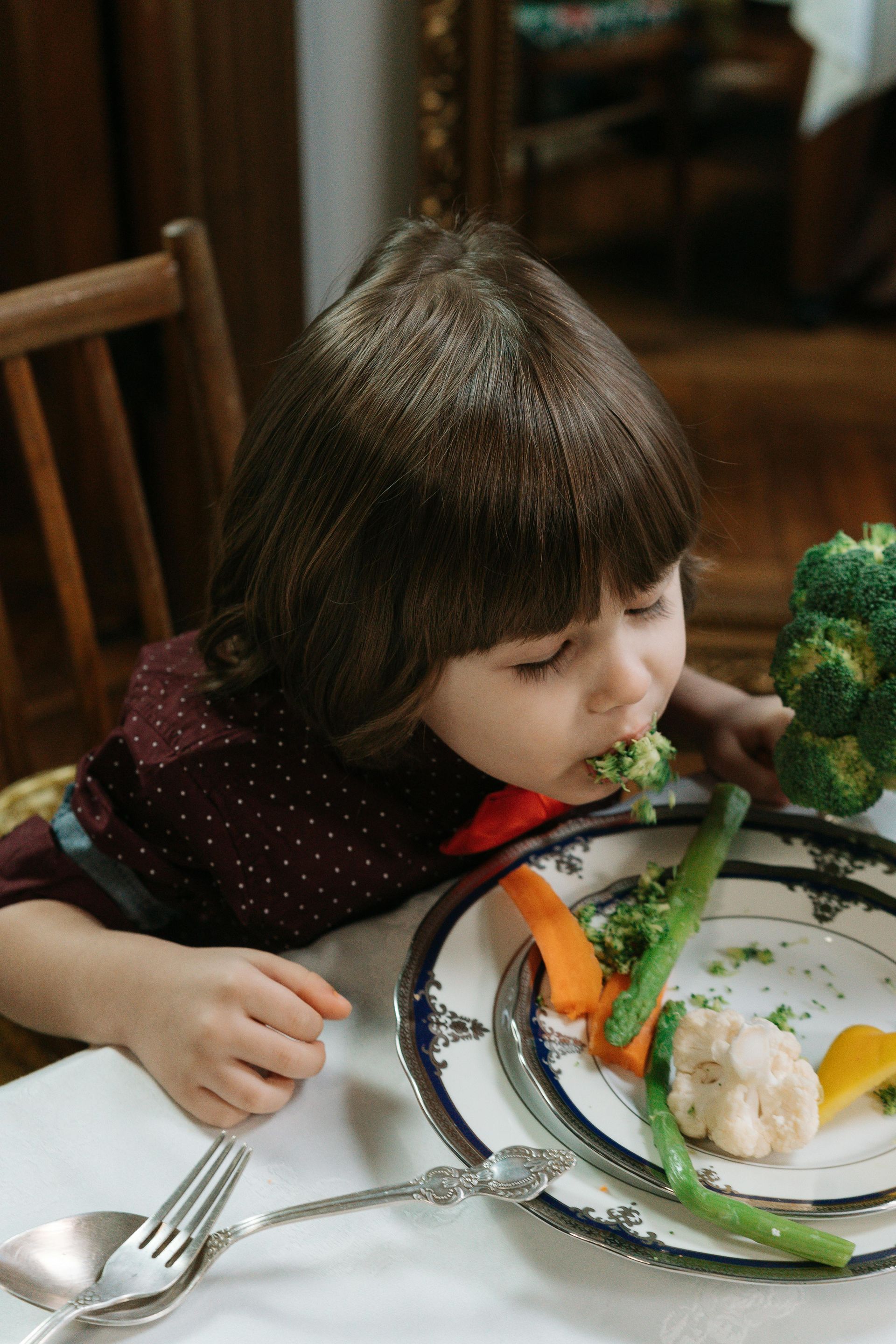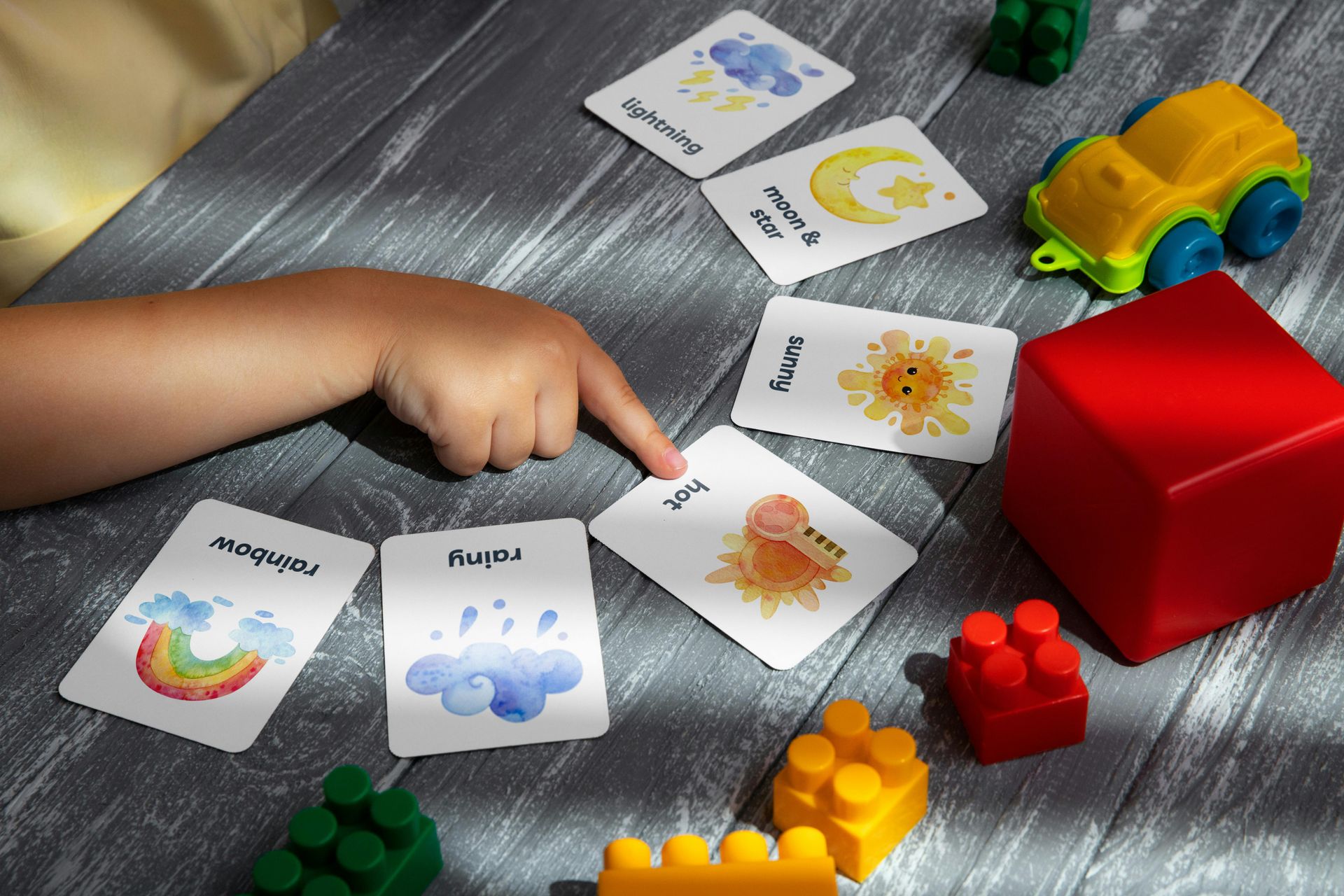Building Your Child’s Vocabulary
Building Your Child’s Vocabulary
Building Your Child’s Vocabulary
A growing vocabulary is an important part of language development and impacts oral communication skills as well as reading vocabulary. For a child with autism, it can be especially important for parents and caregivers to expose the child to a variety of quality vocabulary words in an intentional and explicit way, in other words, not just use them in passing and expect the child to pick up on the meaning of these new words.
What Kind of Words to Work On
Vocabulary instruction has long been thought of as having three tiers. The first tier consists of everyday words like dog, eat, big, or blue—simple nouns, verbs, and adjectives that are some of the earliest words a child learns. These typically require no special kind of instruction. Tier two vocabulary words are the more challenging words, usually more sophisticated adjectives and adverbs. Think words like strenuous, appealing, half-heartedly, or persistently. These are the types of high-quality vocabulary words children can most benefit from by parents introducing and explaining. Finally, tier three words are specific academic words such as photosynthesis or quadrilateral that will be eventually learned in coursework at school.
Tips for Introducing New Words
1. Aim to speak to your child in a way that is somewhat beyond their current level of language use.
2. Make your home a print-rich environment by labeling everyday objects with words on sticky notes: table, sink, mirror. You could take this to the next level by also using adjectives, such as wooden bookshelf or foldable chair.
3. Read, read, read! Draw attention to new tier two words that you happen upon while reading together. Point them out and take the time to define new words for your child.
4. Use words with similar meanings they may already know in order to build on your child’s existing knowledge and make connections. For example, to help teach a word like furious, use synonyms mad or angry. Alternatively, you might use antonyms, or opposites, to help your child understand a new word. “If you were furious about something, you would not be very happy, would you?”
5. Connect to your child’s experiences when explaining the meaning of new words. If you came across persistently in your shared reading, you might say: “Persistently means trying over and over to do something. It means not giving up. Remember how I was so proud of you that time you persistently tried to build that Lego model?”
6. Pro-tip: The magic of vocabulary is often found in morphemes, or word parts such as prefixes and suffixes. If you can help your child understand that the -ful at the end of colorful means “full of or having a lot of,” then words with that same suffix—words like flavorful, careful, and playful—may become easier to understand as well.
7. Consider teaching your child a “Word of the Day” and make it a fun challenge to try to use it throughout the day. Pick your own words or opt for a premade “Word of the Day” calendar or flip book from a teacher supply store or website like Amazon.
8. Use positive reinforcement and praise when your child attempts to use new vocabulary.
Remember: You don’t have to be a word expert or have a fancy lesson plan to teach new vocabulary. You can simply talk about unknown words as they come up in conversation, in books, or even on TV. Make talking about words part of your everyday routine, and watch your child’s vocabulary blossom!
Positive Reinforcement offers ABA therapy in Bluemont, Middleburg, Upperville, Aldie, Chantilly, Manassas, Woodbridge, Winchester, Front Royal, Middletown,Round Hill, Leesburg, Ashburn, Charles Town, Ferguson, Science Hill, Pulaski Fairfax county and More!











